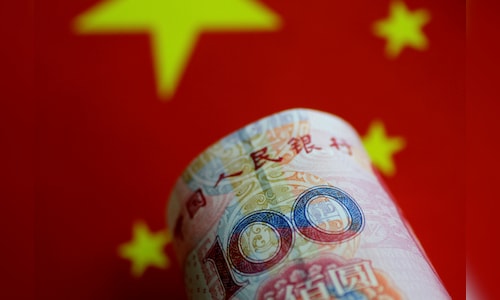Home / Business and Economy / China's Fiscal Spending Plunges, Signaling Shift in Economic Policies
China's Fiscal Spending Plunges, Signaling Shift in Economic Policies
18 Nov
Summary
- China's fiscal spending tumbled 19% in October 2025
- Spending decline cripples investment and economic growth
- Policymakers aim to save easing space for early 2026

As of November 18, 2025, China's broad fiscal spending has taken a significant plunge, reflecting a shift in the government's economic policies. According to data released by the Ministry of Finance, the combined expenditure in China's two main budgets – the general public account and the government-managed fund book – tumbled 19% in October 2025 from a year earlier, reaching 2.37 trillion yuan ($334 billion). This was the steepest decline since comparable data became available in early 2021, with the value of money spent being the least since July 2023.
The contraction in budget spending indicates that the fresh stimulus added since late September 2025 will likely take time to trickle through the economy. Policymakers seem to be leaning towards containing debt risks now that Beijing's growth target of around 5% for 2025 appears to be within reach. "Policymakers seem pleased about economic growth in 2025 and believe announced stimulus should allow them to hit this year's target," said Michelle Lam, Greater China economist at Societe Generale SA.
However, the decline in fiscal support has had a significant impact on the world's second-largest economy, which lost steam across the board last month. Investment, a large part of which is driven by budget expenditure, posted an unprecedented decline in October 2025, adding to a drag from sluggish consumption and weaker foreign demand. "The recent apparent reluctance in government spending may partly reflect policymakers' intention to save more easing space for deploying early next year, to ensure stability in growth and employment," according to Goldman's economists.




